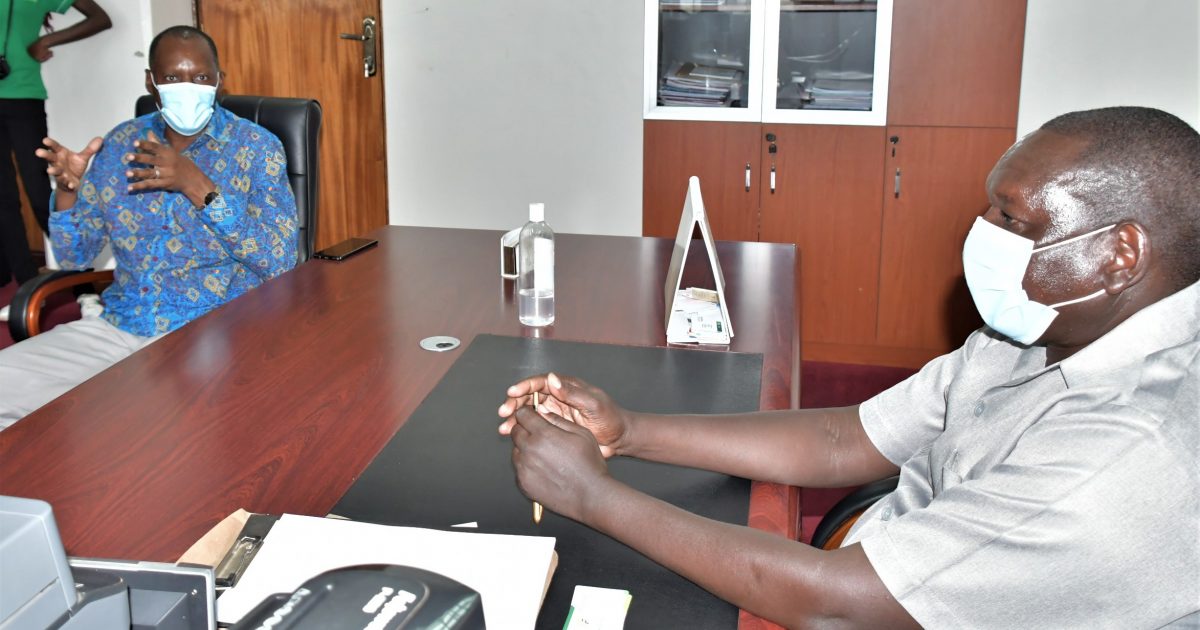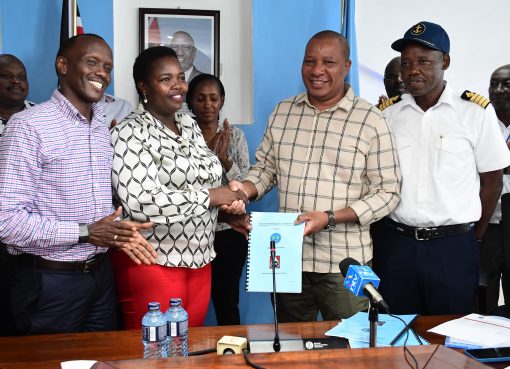The Kenya Tourism Fund is encouraging domestic tourism to help rejuvenate the sector that has been hard hit by Covid-19 pandemic.
Chairman of the Fund Afonse Kioko said today that following the hard economic times brought by the Coronavirus pandemic, the government was encouraging players in the hospitality industry to diversify tourist attractions instead of over relying on the traditional wildlife sector.
“Covid-19 has dealt a big blow to the fragile sector and we are now encouraging domestic tourism as well as diversification of attractions” he said.
He said the rich cultural heritage across the country was one sector that can help encourage domestic as well as international tourism.
Speaking in Kisumu today when he paid a courtesy call on Nyanza regional commissioner Magu Mutindika, the chairman revealed that the fund is set to have the first intake of students at the Ronald Ngala Utalii College in Kilifi County by early next year.
“The College is going to be 50% complete by early next year and will be the biggest in Africa” he said
“We are set to admit the first intake of students to train in the hospitality industry by early next year” said the chairman.
The Ronald Ngala Utalii College was initiated way back in 2007 but stalled after Parliamentary Investment Committee (PIC) and Ethics and Anti-Corruption commission (EACC) raised concern over increased cost of construction.
He said the body which collects 2% levy from hotels, also uses the funds to help build capacity of training colleges in the hospitality industry.
The chairman said the Fund was ready to support the Kisumu County government in hosting the forthcoming africities conference slated to be held in Kisumu in April 2022.
Africities is the United Cities and Local Governments of Africa’s (UCLG- Africa) flagship pan-African event that is held every three years in one of the five regions of Africa to promote sustainable development.
On his part, Nyanza regional commissioner Magu Mutindika said his office will help the organization ensure all hotels pay the 2% levy in order to help spur tourism across the region.
“The National government will ensure non-compliant hotels pay this levy to help the sector” he added.
by George Kaiga





